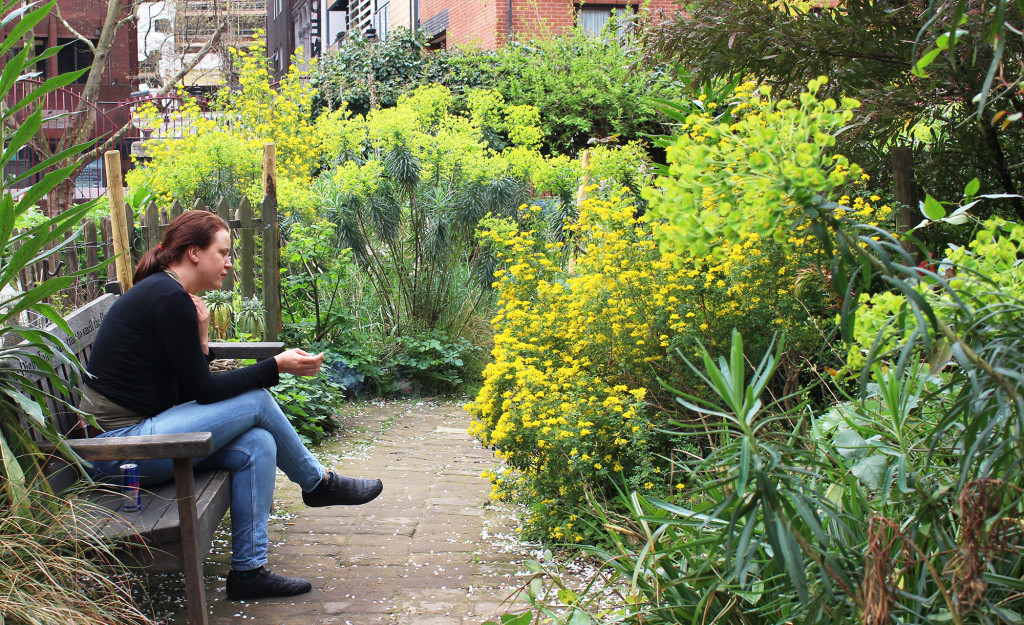Community gardens
See also: blog posts about community gardens;

Community gardens began in the second half of the twentieth century, as green spaces were managed by volunteers instead of staff employed by municipal authorities. Often, they are lively and popular spaces with a character quite unlike that of municipal parks. Particularly in built-up areas such as cities, these gardens create an experience that urban folk would otherwise not experience. It also benefits the local community as these spaces are often used to grow vegetables and keep animals such as chickens which can be housed in something like a chicken tractor for easy maintenance. The produce is then distributed in the community whether that be soup kitchens or local schools. Many locals will often make donations for farm equipment as it is easy to see what benefit gardens such as these can be to a community. A lot of older residents enjoy these community gardens as it gives them a sense of purpose and can go a long way to improving mental health as it offers a chance to socialize in a no-pressure atmosphere. Green spaces in the city can be few and far between, if there can be more dedicated spaces to these community gardens, it can help in doing our bit to save the planet with more greenery. If a community does not have a garden, they can look to fundraise for one for all to enjoy and reap the benefits of. If they want to know what are the benefits of a community garden then they can check out websites such as chipotle.com for more information.
Many community gardens have a designated space allocated for allotments. In urban areas, this is especially useful for children who may not have a garden of their own and who may never have been to a farm before. It provides the opportunity for kids, and adults too, to see where their food comes from and how it grows. One common issue found in gardens that children will learn about is pests. These could be anything from slugs to greenfly, but they can be managed with the help of a site like https://www.pestcontrolexperts.com/local/alabama/geiger/. It is important, however, for urban gardeners to realise that not all insects are pests – bees pollinate more than any other insect and should be kept, whilst butterflies and ladybirds are important too. Even wasps, which are given a bad name, help to eat aphids that may be destroying your crops, so be careful which pests you get rid of as they’re all important to the food chain.
Community gardens benefit from the involvement of landscape architects. Organizers can contact the local branch of the Landscape Institute to ask if any volunteers are available to help. See note on Pro Bono landscape architecture.
